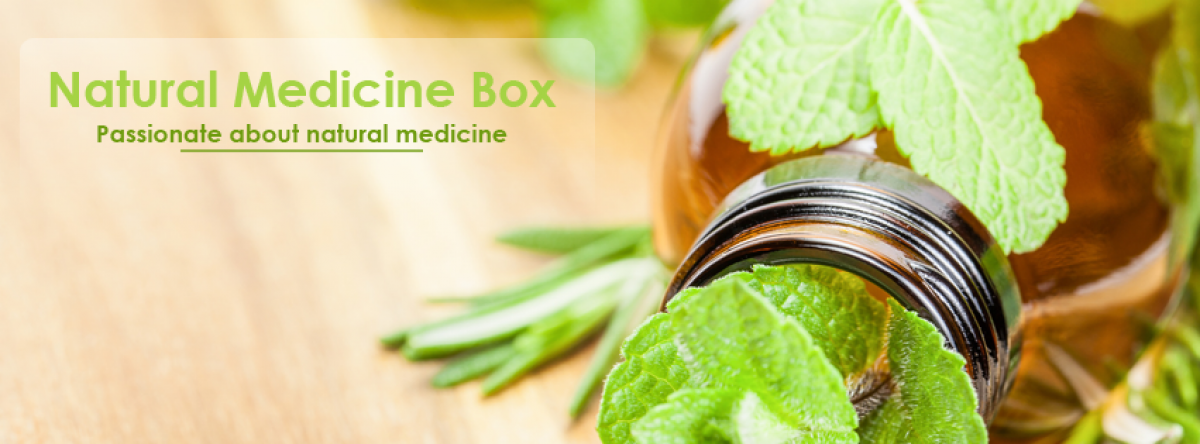
7. Cabbage
Some types of cabbage can be grown in temperatures as low as 26 degrees F. What is cabbage good for? Cabbage contains powerful antioxidants like vitamins A and C and phytonutrients such as thiocyanates, lutein, zeaxanthin, isothiocyanates, and sulforaphane, which stimulate detoxifying enzymes and may protect against breast, colon and prostate cancers. Cabbage also contains a wealth of anti-inflammatory nutrients to help keep inflammation in check.
Among them are anthocyanins, a type of polyphenol that’s particularly plentiful in red cabbage, although all types of cabbage contain anti-inflammatory polyphenols. Cabbage also contains healthy amounts of B vitamins, including folate (which is better than the synthetic form known as folic acid found in many supplements), vitamin B6, vitamin B1, and vitamin B5. B vitamins are not only important for energy, they may also slow brain shrinkage by as much as seven-fold in brain regions specifically known to be most impacted by Alzheimer’s disease.
Read more at Mercola.com
Source: Mercola.Com
Images: Wikimedia, Pixabay

